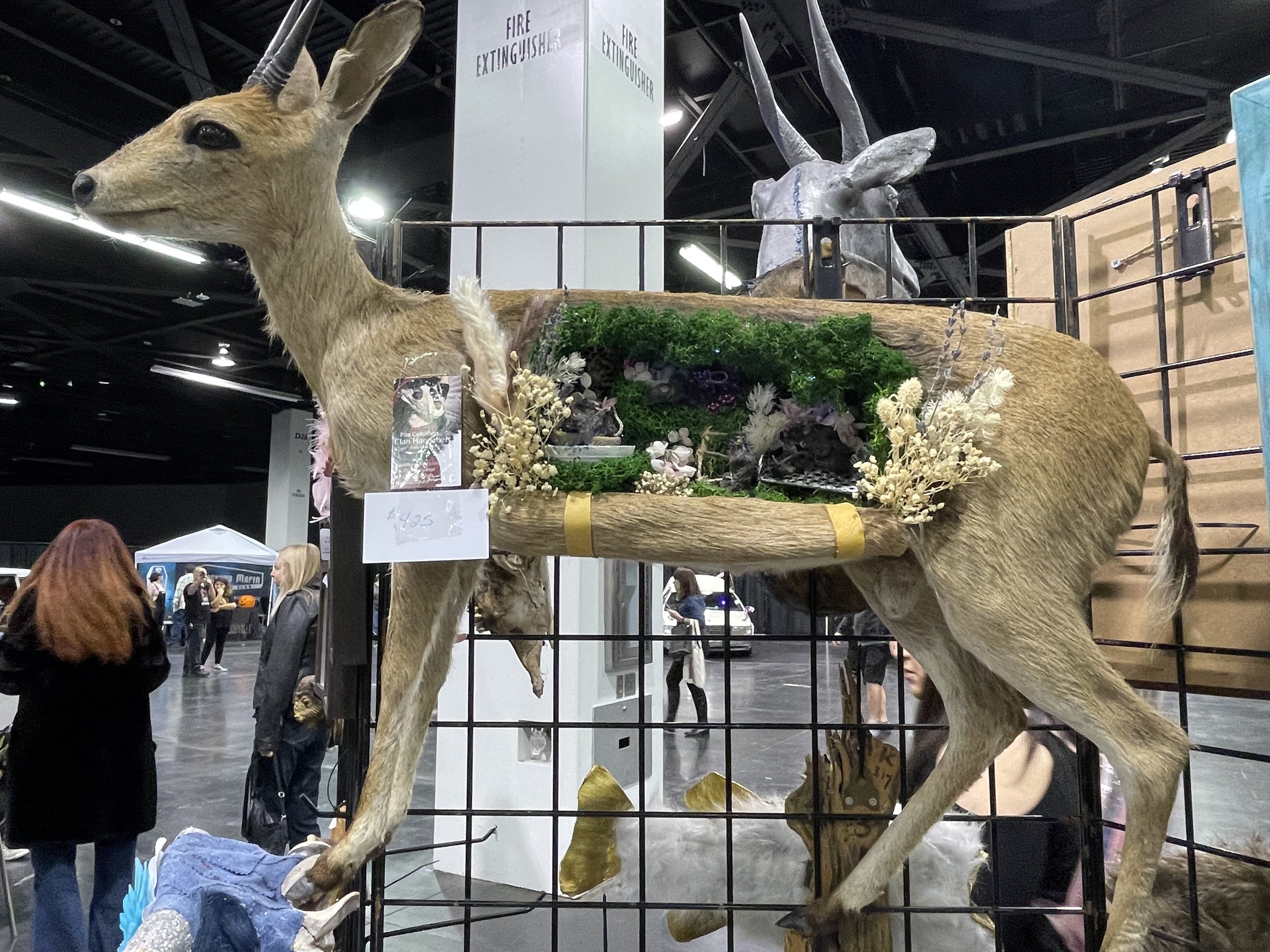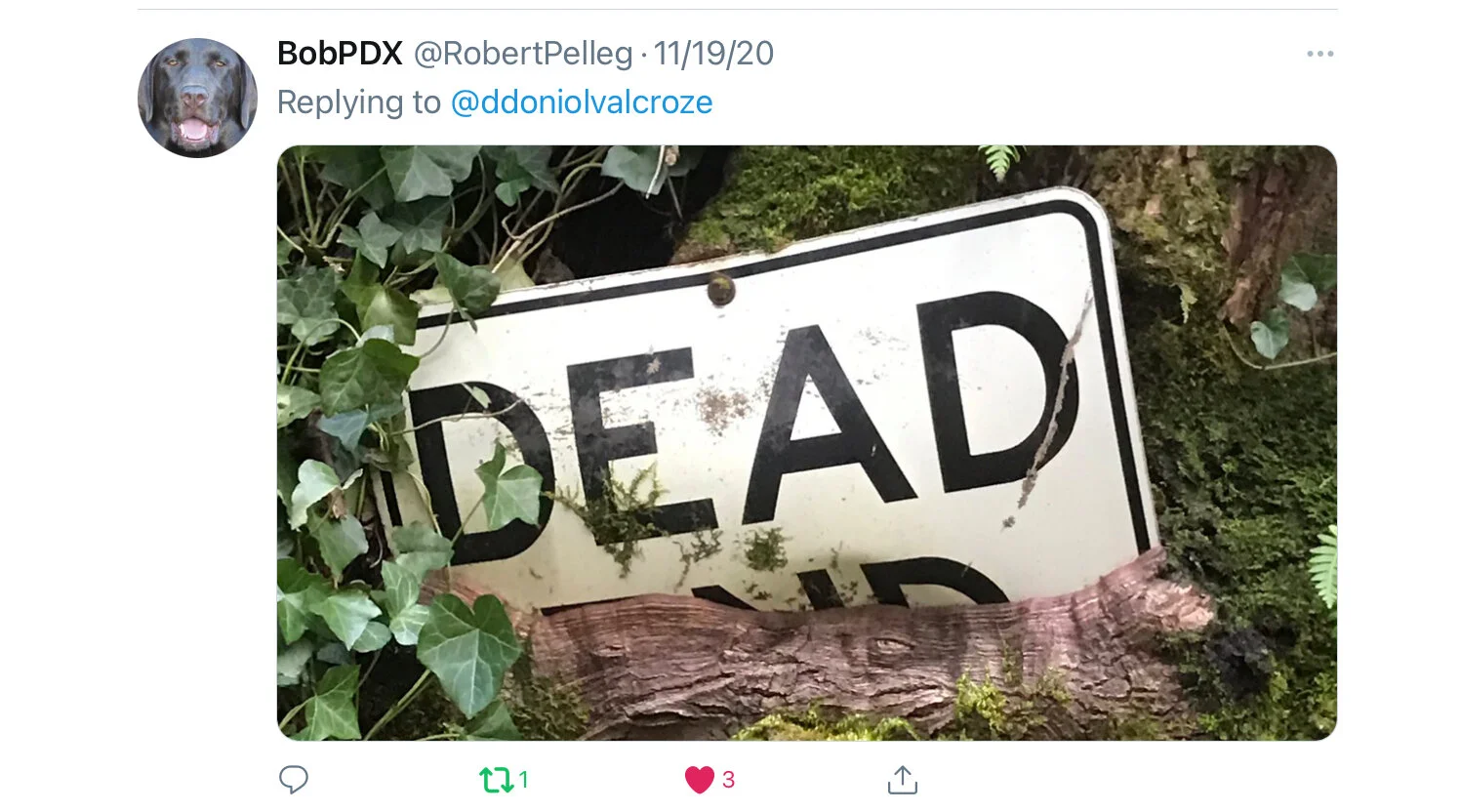Had a migraine, so I am definitely not with it today. I do want to share the list of poems that Sonia Greenfield shared on Facebook though. I hope you enjoy the poems as much as I have. You can read her own poems on her website. Btw, Sonia’s book All Possible Histories is amazing, and she has a new book out, Helen of Troy is High AF, which sounds awesome. Links to purchase the books on also found on her website.
Your first prompt is to write a response to one of these poems. You can do so however you wish: use a line from one of them for an epigraph or a golden shovel, create a conversation to a poem, or take lines from several and write a cento.
Your second prompt, inspired by Sonia’s new book, is to write a short story or poem from the personal historical or mythological figure(s) who is “high AF”: what kinds of snacks do they reach for, what ex do they want to text or send an animal messenger to, what obsesses them at that moment (the play of light on a stream, flickering torch, the laces on their shoes)?
Bonus prompt: what the hell is my new kitty thinking? Trick question: nothing! Write from the perspective of the void (or of Onyx, aka Goofball).
Have fun!



















































